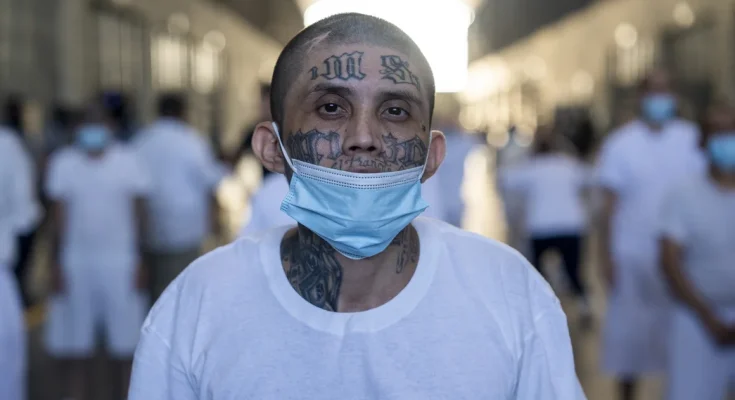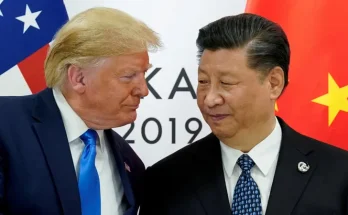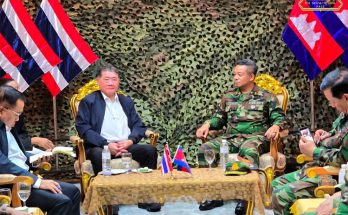The US has officially designated Tren de Aragua, MS-13, and six Mexican drug cartels as foreign terrorist organizations, fulfilling a long-standing goal from former President Donald Trump’s first term. Trump had previously issued an executive order on January 20 to declare cartels as terrorist groups, but it wasn’t until Thursday that US Secretary of State Marco Rubio named the specific organizations.
The groups now designated include:
- Tren de Aragua (Venezuelan gang)
- MS-13 (El Salvadoran gang)
- Sinaloa Cartel
- Jalisco New Generation Cartel (CJNG)
- Carteles Unidos
- Cartel del Noreste
- Cartel del Golfo
- La Nueva Familia Michoacana
These groups are now in the same category as other notorious foreign terrorist organizations like ISIS, Boko Haram, and Hamas.
Tren de Aragua, originally a prison gang in Venezuela, has expanded its criminal activities beyond its homeland, particularly in human smuggling and exploitation of vulnerable migrants. It is considered one of the most disruptive criminal organizations in Latin America, with operations spreading across the region.
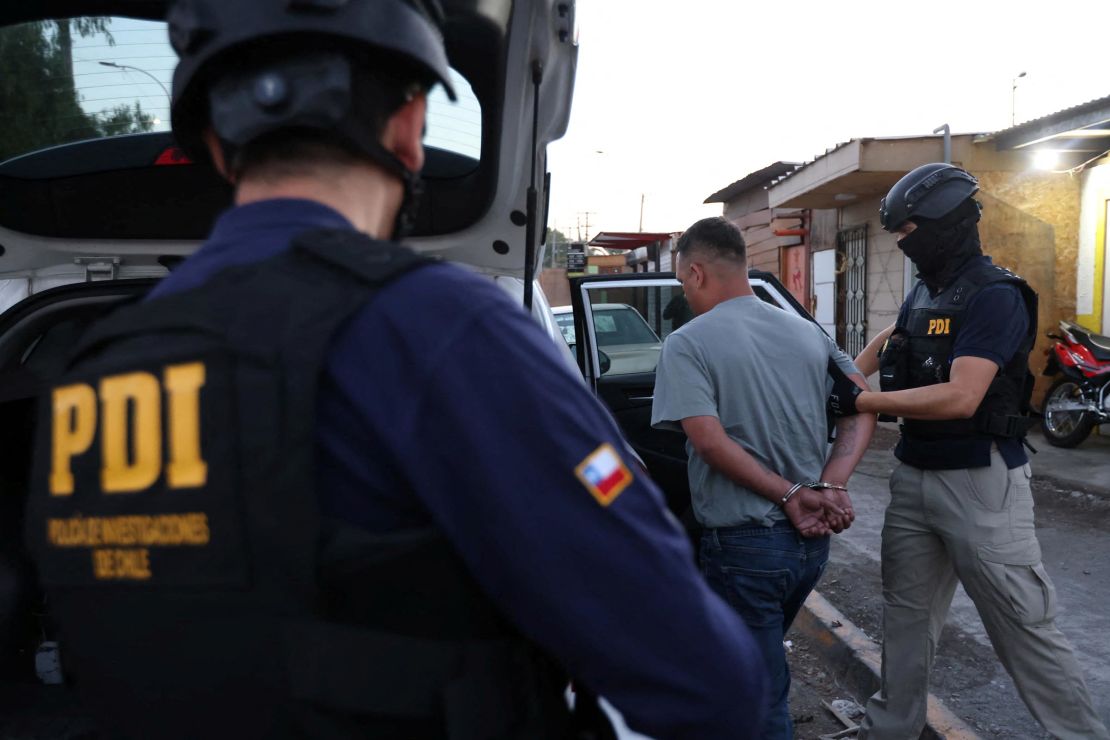
Tren de Aragua (TdA) became a prominent political issue during the last presidential campaign after police in Aurora, Colorado, linked several suspects in a 2023 kidnapping to the gang. During his campaign, former President Trump used this case to argue that migration inevitably leads to crime, claiming the gang had taken over large areas in Colorado. However, local authorities in Aurora countered, asserting that the gang’s presence in the city was isolated. For Trump, cracking down on TdA was seen as part of a broader effort to curb mass migration and its alleged consequences, according to Will Freeman, a Latin America fellow at the Council on Foreign Relations.
MS-13 MS-13, or Mara Salvatrucha, is a notorious Salvadoran-American street gang, infamous for its extreme violence and deep-rooted presence in the United States. MS-13 was a central focus during Trump’s first term, with the former president frequently labeling the group as “violent animals.”
While most of the other groups listed in Rubio’s order are based outside the U.S., MS-13 was originally formed in Los Angeles in the 1980s by Salvadoran immigrants. As the gang expanded, it became a significant force due to the influx of Salvadoran refugees fleeing their country’s civil war. Over time, its membership grew to include individuals from other Latin American nations, including Honduras and Guatemala. A 2008 FBI threat assessment noted that when the U.S. began deporting gang members in the 1990s, MS-13’s influence spread rapidly across Central America, fueling violence, particularly in El Salvador, which became the murder capital of the Western Hemisphere by 2015.
However, under President Nayib Bukele, El Salvador has made significant strides in reducing violence, particularly against MS-13, with thousands of gang members arrested. Freeman points out that including MS-13 on the list is somewhat surprising, given the group’s weakened presence in El Salvador. “It’s a bit weird,” Freeman said. “One of the main countries it drew its strength from was El Salvador. It’s really been dismantled there.”
Cartel de Sinaloa The Sinaloa Cartel, one of the most powerful drug trafficking organizations in the world, is closely linked to Joaquín “El Chapo” Guzmán, whose infamous prison escapes and criminal exploits were widely publicized. After Guzmán’s extradition to the U.S. in 2017 and his conviction on 10 federal charges in 2019, leadership of the cartel passed, in part, to his sons, known as the El Chapitos. Despite the loss of Guzmán, the cartel remains a formidable force.
According to a 2024 National Drug Threat Assessment by the DEA, the Sinaloa Cartel is not operating under a single formal leader but rather as a decentralized organization with four main components that cooperate independently. This structure has allowed the cartel to remain resilient and continue its operations across the globe.
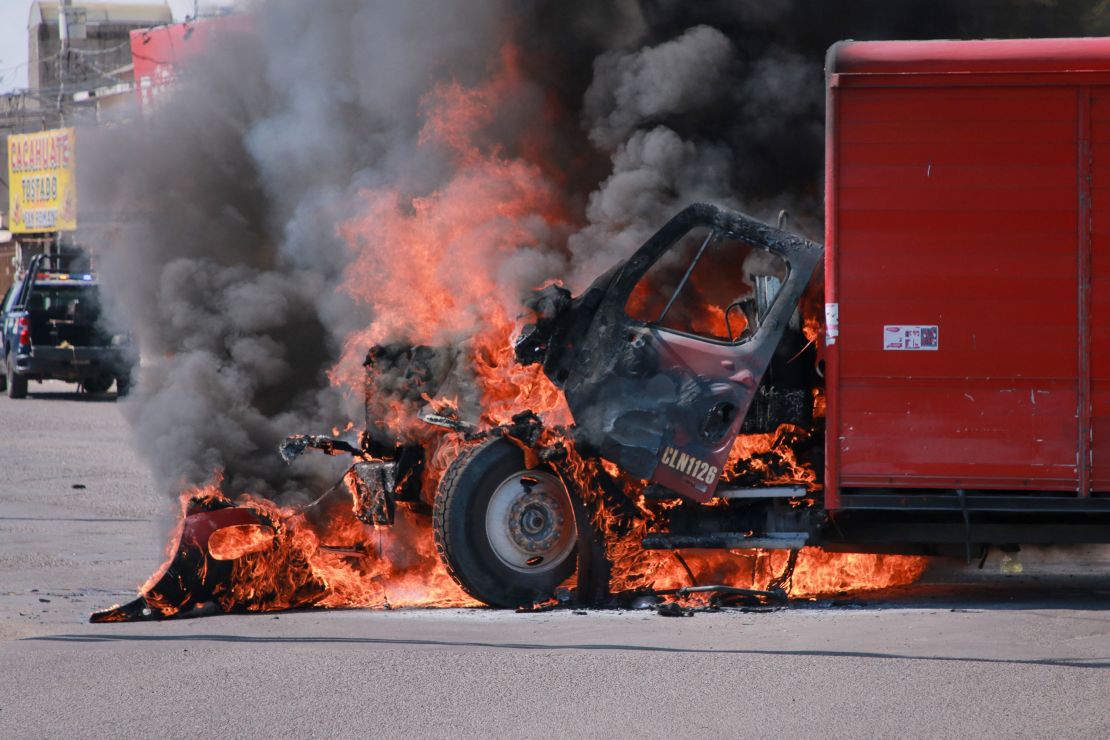
Sinaloa Cartel
The Sinaloa Cartel is unmatched in its international reach, according to the Council on Foreign Relations, with operations spanning far beyond the drug trade. The cartel is involved in extortion, weapons trafficking, prostitution, and even oil theft, all while dominating the global narcotics market. In 2023, former U.S. Attorney General Merrick Garland labeled the Sinaloa Cartel as running the “largest, most violent, and most prolific fentanyl trafficking operation in the world.” The U.S. Justice Department has further alleged that the cartel is primarily responsible for manufacturing and importing fentanyl into the U.S., contributing to the country’s opioid crisis.
Cartel del Golfo
Based in Matamoros, Mexico, the Gulf Cartel (CDG) is one of Mexico’s oldest and most notorious criminal organizations. In 2023, CDG made headlines for the kidnapping of four American tourists in Matamoros, two of whom tragically died. Mexican and U.S. authorities believe this may have been a case of mistaken identity. The Gulf Cartel’s origins date back to the Prohibition era when it smuggled heroin and whiskey across the U.S.-Mexico border. In the 1990s and 2000s, under the leadership of Osiel Cárdenas Guillén, the cartel reached its peak power, even enlisting Mexican Special Forces members as enforcers. This eventually led to the formation of the Los Zetas cartel. Cárdenas was arrested and extradited to the U.S. in 2007, and in 2024, he was handed over to Mexico to face numerous charges.
Cartel de Jalisco Nueva Generacion (CJNG)
The Jalisco New Generation Cartel (CJNG) is considered one of the most powerful and dangerous criminal organizations in Mexico, according to the DEA’s 2024 National Drug Threat Assessment. Led by former police officer Nemesio Oseguera Cervantes, also known as El Mencho, CJNG operates under a “franchise business model,” which allows the cartel to rapidly expand and dominate significant narcotrafficking routes. CJNG is heavily involved in methamphetamine and fentanyl production and trafficking, and it has established deep connections with chemical precursor suppliers in China. The cartel controls vital maritime ports for smuggling and maintains an extensive network of trafficking routes, making it a formidable global player in the drug trade.
Cárteles Unidos
Cárteles Unidos is a relatively recent alliance formed in 2019, bringing together the Cartel of Tepalcatepec, Los Viagras, and other groups with the goal of combating the CJNG in Michoacán. The group has its roots in a previous version of the cartel, formed in 2010 to fend off the Zetas. The cartel is led by Juan José Farías Álvarez, also known as “El Abuelo,” who previously led self-defense groups in Tierra Caliente against the Knights Templar. Cárteles Unidos also operates within the avocado industry, extorting producers in one of Mexico’s most lucrative agricultural sectors. According to recent reports, up to 80% of avocado orchards in Michoacán have been established illegally due to cartel influence.
Cartel del Noreste (CDN)
The Cartel del Noreste (CDN) operates primarily along the U.S.-Mexico border in northern Mexico. It emerged after the Los Zetas cartel splintered following high-profile leadership losses. The CDN is known for its use of extreme violence to control vast territories, including the border region. In 2024, a U.S. Justice Department indictment linked the group to terrorist tactics in its pursuit of power. CDN has recently expanded into human smuggling, utilizing social media platforms like Facebook to coordinate and facilitate the illegal movement of migrants into the U.S.
La Nueva Familia Michoacana
La Nueva Familia Michoacana, led by José Alfredo and Johnny Hurtado Olascoaga, operates primarily in Michoacán, Guerrero, and the State of Mexico. The U.S. State Department has linked the group to migrant smuggling, as well as trafficking fentanyl, cocaine, and methamphetamine. The group’s founder, Nazario “El Chayo” Moreno, was notorious for blending religious messages with his criminal activities, often preaching Bible verses and self-help phrases to his followers. Moreno’s death, which was reported twice by Mexican authorities—first in 2010 and again in 2014—became a point of controversy and mystery in the ongoing saga of the cartel’s operations.
